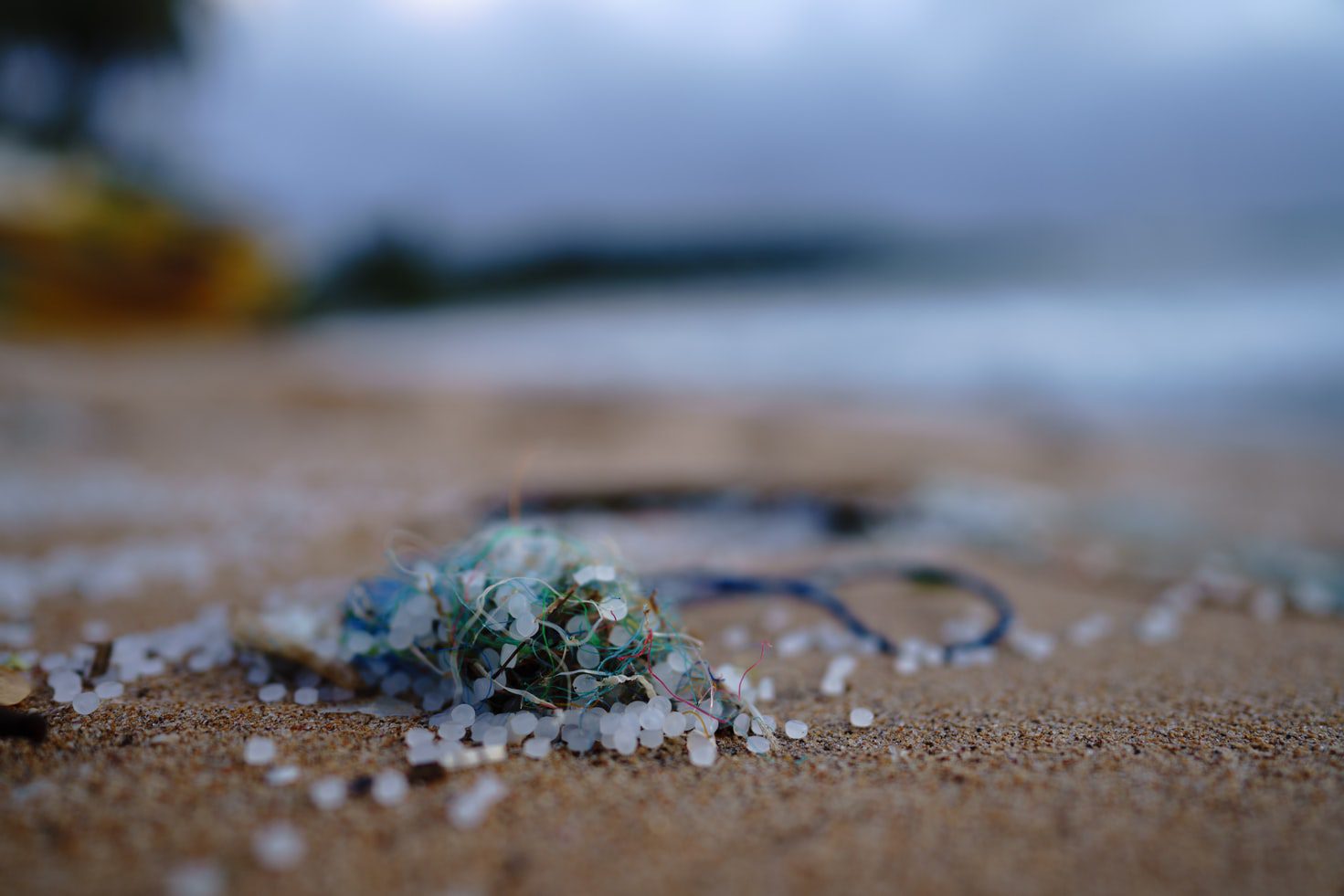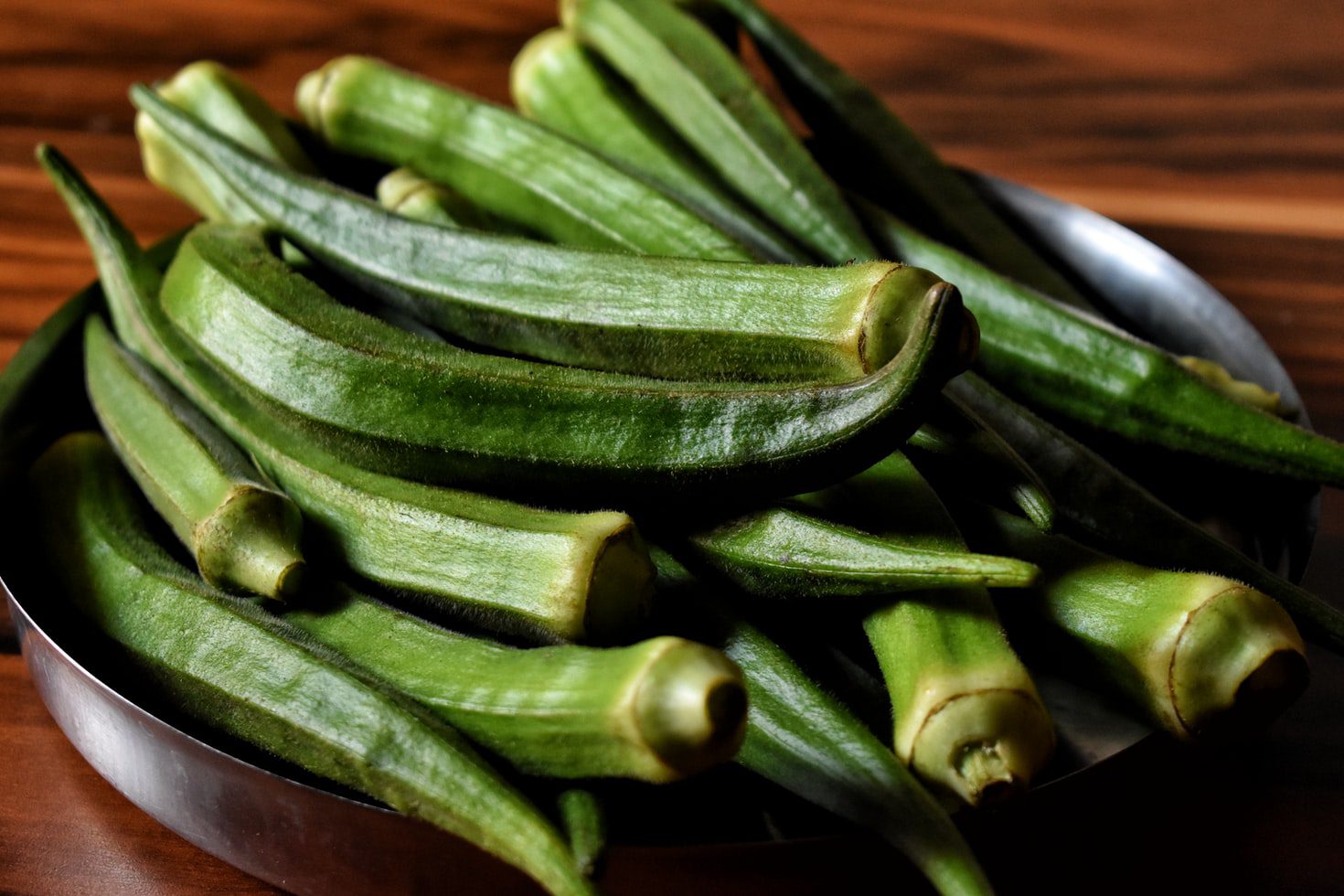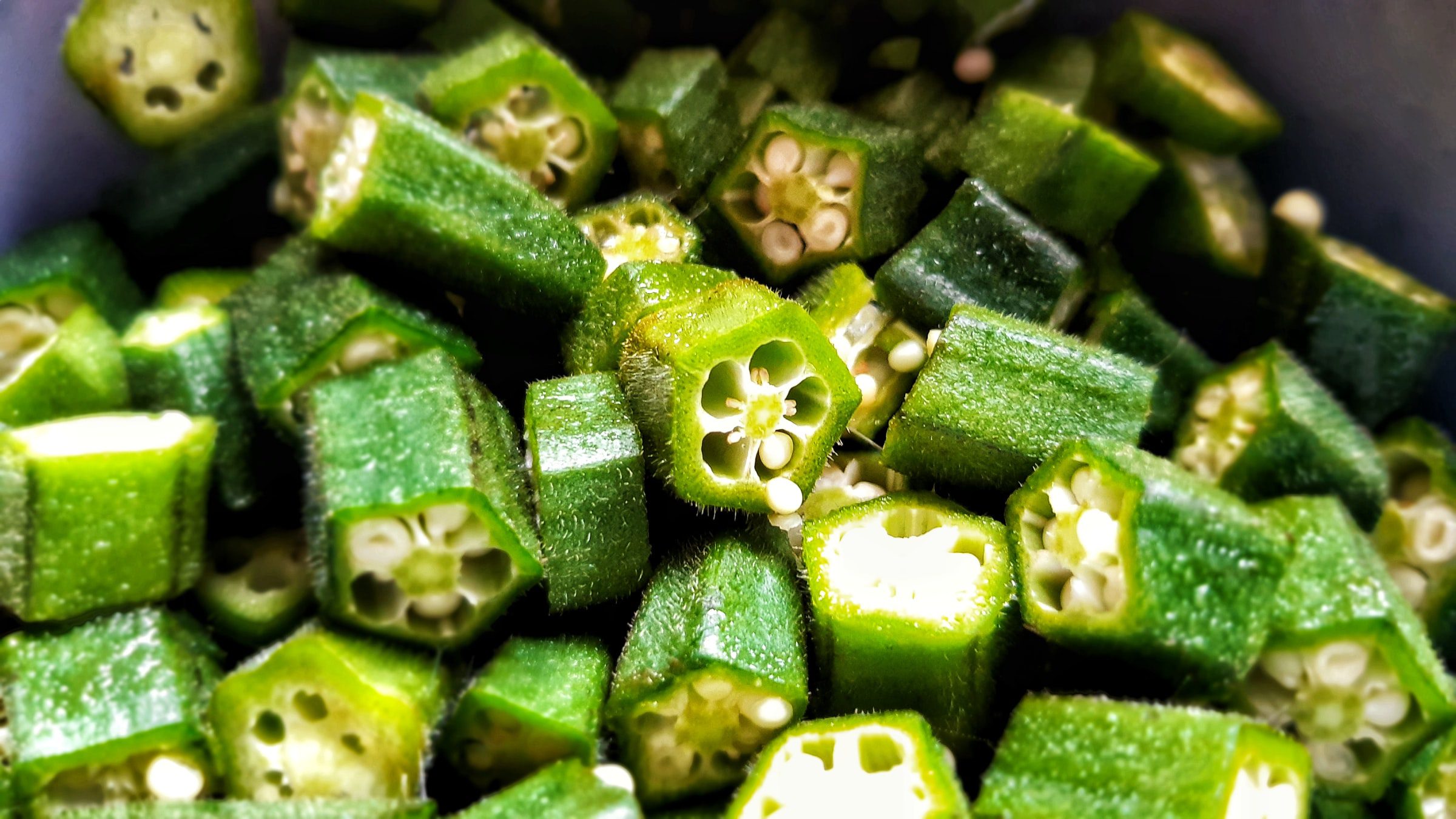Plastic may not be the most environmentally friendly material but researchers are looking to a unique vegetable to counteract the impact of plastics. While durable, plastic does not degrade, and leaves behind an impact on a microscopic level. Scientists across the world warn that ‘microplastics’, or little bits of plastic smaller than five millimeters in length, are impacting our food and water.

We can combat microplastics as we do with any toxic chemical. Traditionally, we have used chemicals called flocculants, which have unique properties that allow microplastics to stick together into larger clumps. These clumps are then isolated from the rest of the water. They are also toxic in their own right.
Okra has popped up as an unexpected solution to the filtration dilemma. It produces a polysaccharide from the okra plant, a slime that can display similar filtration qualities as the synthetic flocculants.
When paired with polysaccharides from fruits like tamarind, its impact on collecting microplastics is even more pronounced.

The discovery is the result of a lengthy study from Tarleton State University (TSU). In the research group’s presentation at the annual spring meeting of the American Chemical Society, lead researcher Rajani Srinivasan touted impressive results for the okra extract compared to not only synthetic flocculants but other natural polysaccharides from aloe, cactus, psyllium, and more. What’s next for okra? The TSU group hopes to work to eventually utilize this technique at scale in place of existing microplastic filtration alternatives. Srinivasan says that will be the easy part. “The whole treatment method with the non-toxic materials uses the same infrastructure,” said the research head. “We don’t have to build something new to incorporate these materials.”





